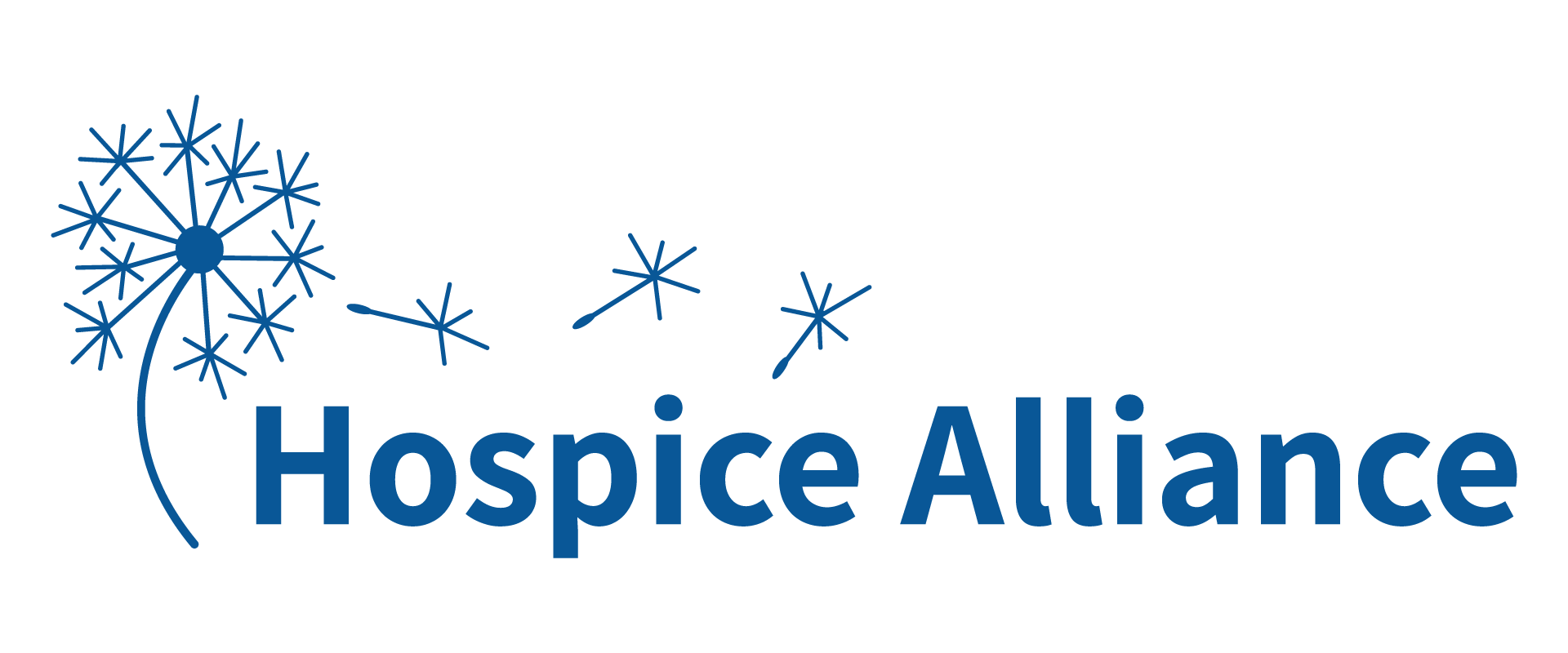
Being a caregiver is an important and rewarding role. The benefits of caregiving do not just apply to the recipient. Often, those providing the care benefit from gaining a greater sense of purpose and new life skills. However, when speaking with a caregiver, the words “exhausted”, “anxious” and “overwhelmed” are used. While rewarding, caregiving can be challenging and stressful. In today’s world, caregivers often juggle a full-time job and running a household while caring for aging parents. It’s a three-way time pinch that can leave anyone feeling overwhelmed.
Know this – you are not alone. A study, commissioned by the New York Academy of Medicine and the National Association of Social Workers, explored the challenges faced by some 42 million American women who are “sandwiched” by the needs of their own children and their aging relatives.Of the more than 1,400 social workers surveyed, the majority reported that these “sandwich generation” women are not prepared for many aspects of their aging relatives’ care.Of the women who participated in the study, nearly 24 percent say they didn’t know who to ask for help with day-to-day caregiving responsibilities.
As our society changes and people live longer, bearing caregiver burdens will only increase. Many times, attitudes, beliefs, cultures form personal barriers that can get in the way of self-care. Thoughts like, “this is my responsibility, I can’t put them in a facility, my mom took care of my grandma and now it is my turn…” are often heard. However, the physical and emotional needs of aging relatives are frequently greater than what one person can take on alone.
Family caregivers should look for a regular break from assisting their ill loved ones. This way, they are not neglecting their own health and can avoid burnout. It is important to build a network of resources. Family, friends and professional caregiving services can step in and lend a helping hand when needed. Asking for help can be difficult, but necessary.
Our respite volunteers are here to help. Perhaps during daily naps, or when less care is needed. This would allow you to get a haircut, run to the store, meet a friend for lunch. Get yourself a baby monitor, so you can be out in the yard, read a book on your patio, work in your garden or take a short walk. A transportation company can be helpful, as well. Especially if it is difficult getting your loved one in and out of a vehicle or shuttling their medical equipment.
Regardless of your situation, self care is important, if something happens to you, who will care for your loved one? Hospice Alliance, your family physician, home care agencies and our Aging and Disability Resource Center are good places to seek help.
